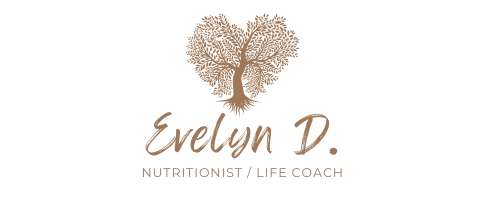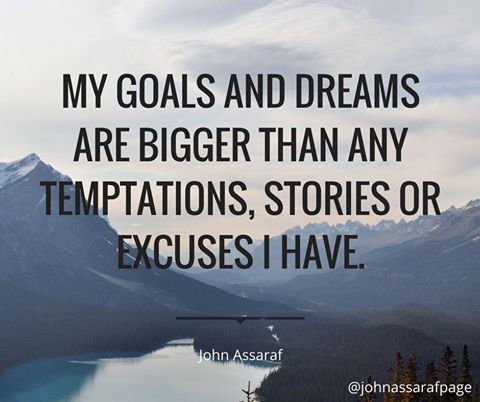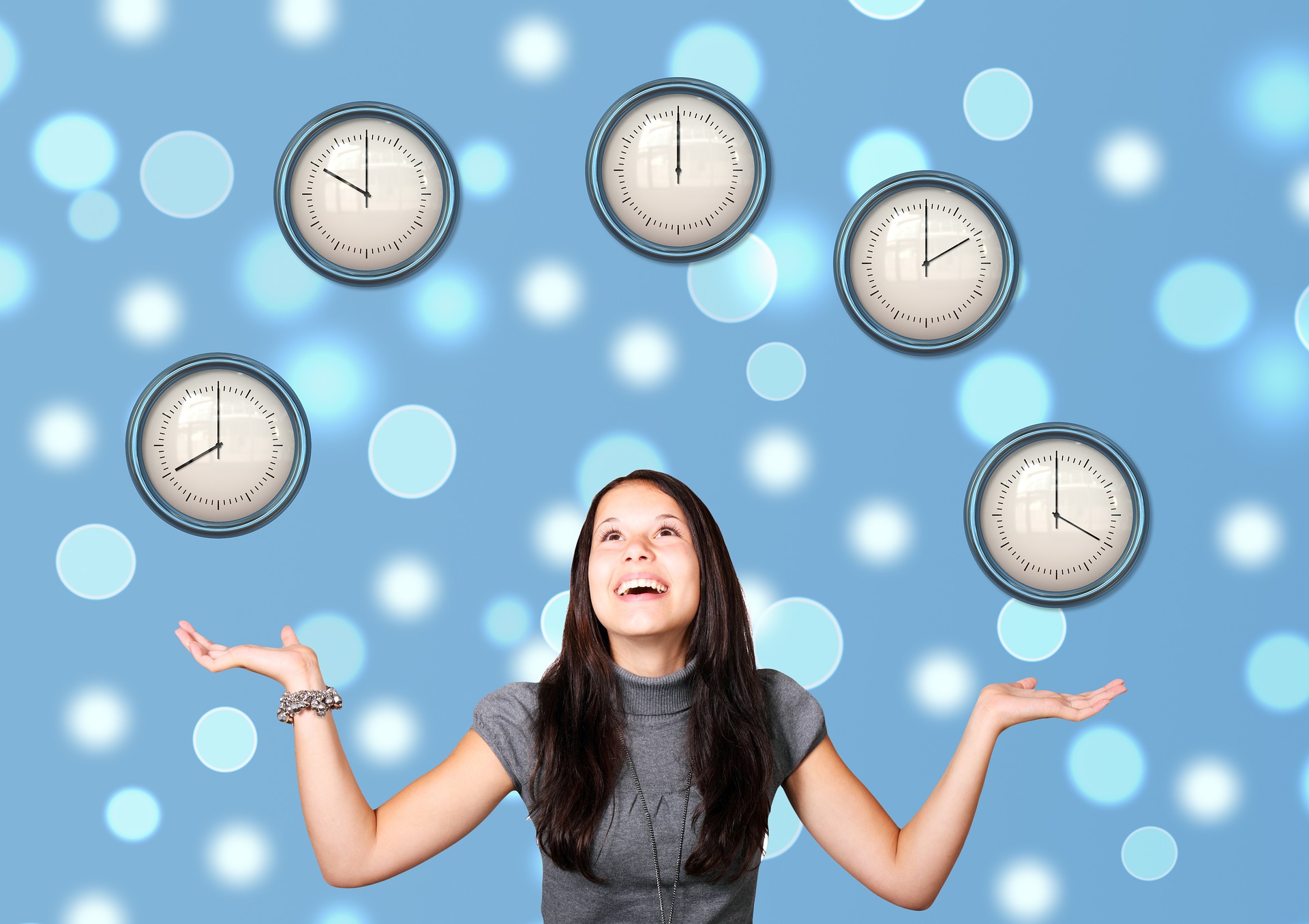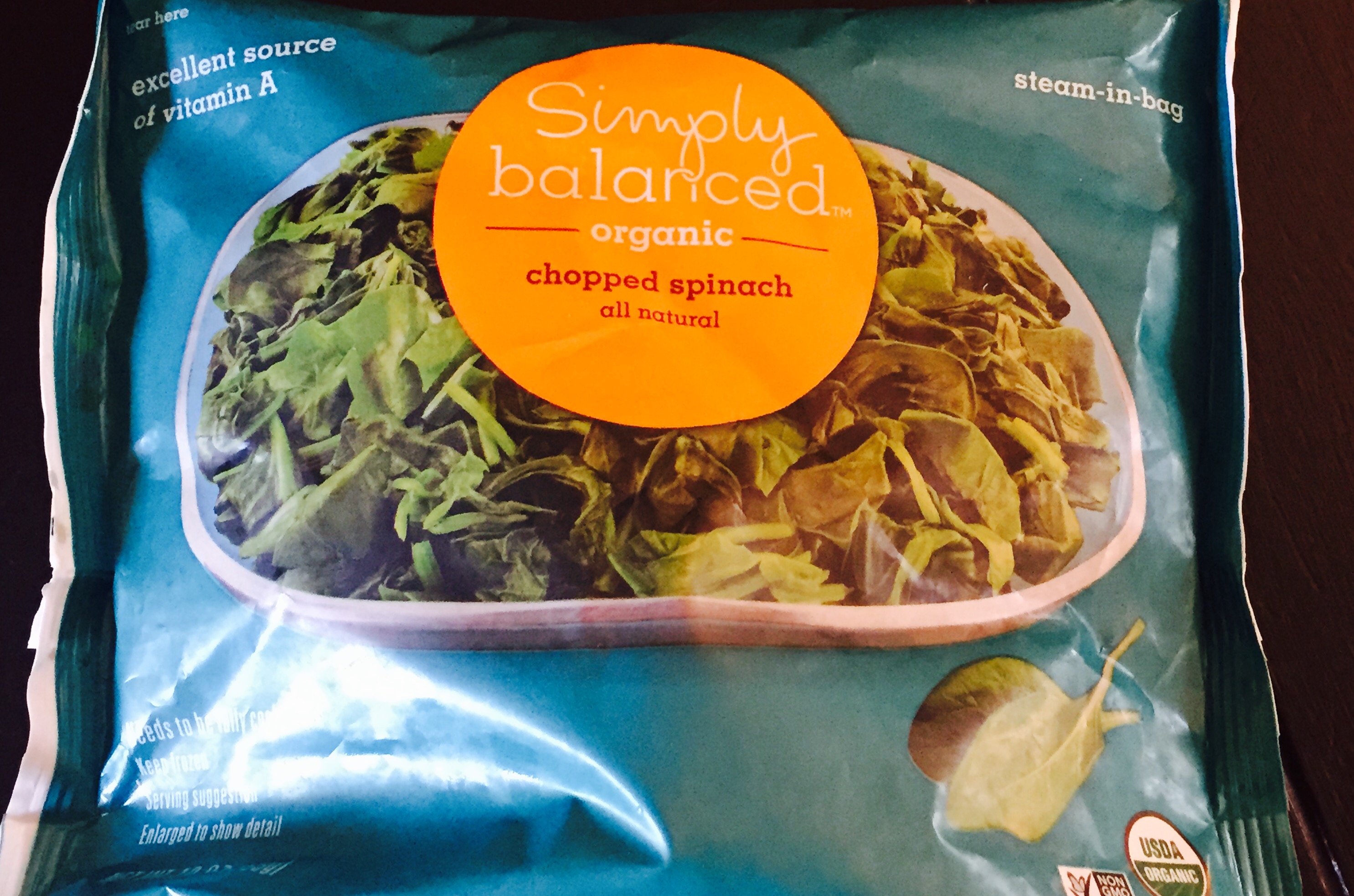The terms mindfulness and mindful eating are becoming really mainstream now. Even insurance giant, Aetna, has developed a mindfulness division – going as far as hiring a Chief Mindfulness Officer.
Isn’t that so cool?!
When it comes to mindful eating, there’s no doubt that the practice can improve health and it helps you eat way less.
Just think back to a time you ate mind-LESS-ly. Like movie popcorn? (or potato chips :). I’ve slurped down protein shakes in my car post workout and by the time I got home, I had no recollection of eating/drinking anything. And don’t even get me started about mindlessly drinking wine!
Many times, mindful eating teachings are focused on the act of eating. The commonly used group exercise is taking a food like a raisin and studying it with the eyes, touching it, smelling it, placing it in the mouth without biting it and then slowly chewing and eventually swallowing it.
It’s a painstakingly tedious process if I’m being completely honest, but it’s also super telling. When I take my eating to that exaggerated slow level, I realize I tend to be a speed eater which is not a good thing for digestion or body composition.
But I’m always working on it.
We teach what we must learn after all and this is something I teach ALL the time.
What I’d like to expand upon today is zooming out mindful eating even further, beyond the physical act of eating to also include 1) Knowing your Food 2) Experiencing the act of eating (or drinking) and then 3) Connecting that food and experience to how it works with your body and life overall.
I created this graphic to illustrate these 3 aspects and I’ll break them down a little further:
- Knowing your food. I’m not a food snob – really I’m not – but the standards of food processing are so disastrous that I admittedly come across that way.
You are what your meat eats and you are what your meat experiences.
Meaning that if that CAFO chicken or ground beef you get for $.99 a pound is pumped up with GMO corn, fillers, food waste, antibiotics, hormones and torture – you WILL be ingesting the toxins and stress hormones that that animal has taken in too. Same goes for the $.99 factory farmed eggs and butter and conventional strawberries, etc…
This is an area we can all improve on. Believe me. I’m not perfect by any means, but it’s a priority –
– and yes, my grocery bill is higher than most – but I’m investing in my health, my family’s health – and the planet – so heck ya’ – we’re all worth it – aren’t you?
(If your cable bill and cell phone bill are over $200 you can afford better food. It’s all about priorities, people! :))
This is also an area that includes knowing a bit about nutrition. Are your carbs, fats and proteins (macros) in balance for your unique needs? Are you getting a variety of all the micronutrients found in vegetables, fruits, herbs, spices, nuts & seeds, (grains and legumes if you eat them).
Food is information. It works in synergy with our biochemistry, so be sure to mix it up and keep it real and unprocessed as much as possible.
2. Experiencing eating. Going beyond the raisin exercise, be sure you’re in that parasympathetic state as much as possible to be able to properly digest and absorb your food. Make eating as pleasurable as you can and break any bad habits related to having your phone or TV on in the background.
At this time of year, I love taking my meals outside on the deck. Maybe with a little music playing. I know when I eat this way, my body takes it all in better.
3. Connect food with the body. This may take some practice with awareness, but this is closing the loop on mindful eating (until you eat again :)). What can you notice about the food you consume and your overall health, your symptoms, your weight, your digestion, sleep, skin, brain function, mood, cravings and energy level? These are all important clues.
Your body is constantly giving you feedback, but sometimes we just notice the symptoms when they get really bad. Tune in and start connecting what and how you’re eating to the results you’re getting. This is where journaling and working with a nutritionist/coach can be really helpful and even life changing.
So what do you think? Where can you start becoming more mindful when it comes to eating? Are you a slow eater or speedy Gonzalez like me? Let me know or share on the Nourished Path Facebook page and we’ll see you next time!
xo,
Ev





